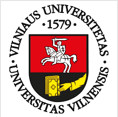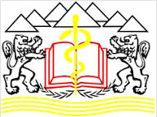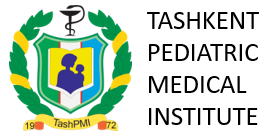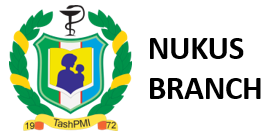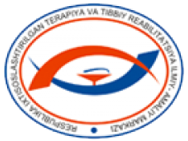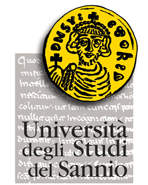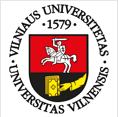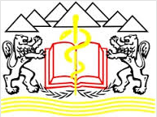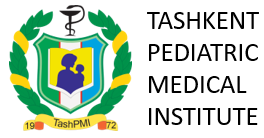Partners
The University of Sannio is organized in 4 Faculties, Engineering, Economics, Law and Natural Sciences, providing 12 BSc, 12 MSc. and 5 Ph.D. courses to about 8000 enrolled students. Within the Dept of Engineering, the research group on Signal Processing and Measurement Information has a long history of applied research and technology transfer as well as of collaboration and educational exchanges with foreign countries. These activities have been mainly financed by
- the Italian Ministry of Education, University and Research on the National Operating Programme 2000-2006 (2 infrastructure projects) and the Internationalization Programme (2 teacher exchange projects with Croatia and Slovakia);
- the EU on the Leonardo LLP (2 knowledge transfer projects);
- the Italian Ministry of Economy (1 project on innovation technology transfer in the measurement field). The achieved results have been published on several international journals.
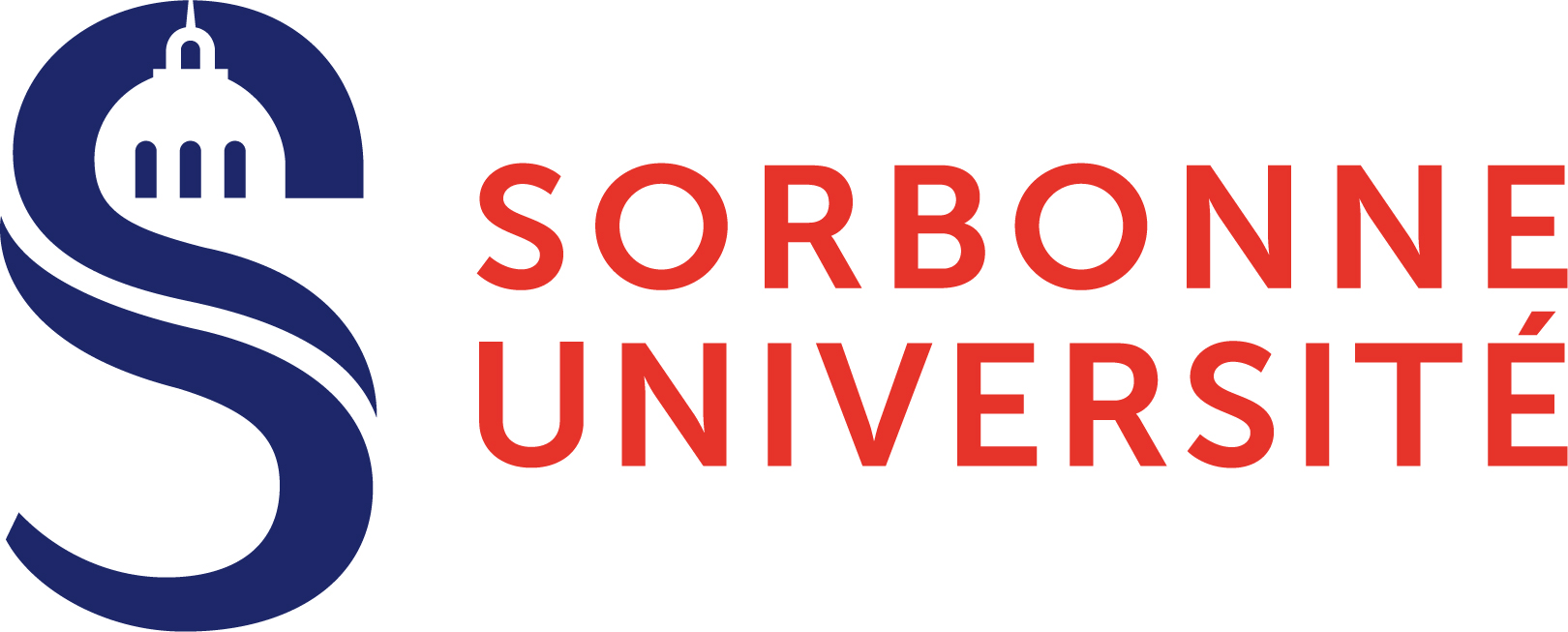
UNIVERSITE PIERRE ET MARIE CURIE - PARIS 6
UNIPEMC stands for French excellence in science and medicine. It is the 1st university in France, the 6th in Europe and 37th in the world according to the Shanghai world ranking. It participates in the development of high-level research and collaborates with more than hundred international universities.
UNIPEMC proposes 9 bachelors and 11 master’s diplomas and 19 doctoral schools. UPMC hosts 34000 students of which 6900 are international and 3200 doctorate candidates of which 300 thesis are jointly supervised cotutelle. 8400 researchers and academic staff work in 100 laboratories.
UNIPEMC is also a founding member of Sorbonne University. This comprehensive institution offers UNIPEMC students in science and medicine an expanded choice of courses and degrees, including: law, economics, humanities and technology.
Vilnius University consists of 23 core academic units: 12 faculties, 2 institutes comparable to faculties (those of Foreign Languages and International Relations and Political Sciences), 5 science institutes (those of Applied Sciences, Mathematics and Informational Technologies, Theoretical Physics and Astronomy, Biotechnology, and Biochemistry) and 4 interdepartmental centres of studies and sciences (The Centre of Religious Studies, the Centre for Gender Studies, the Centre of Oriental Studies, and Health and Sport Centre).
The total number of employees at Vilnius University is 3858, of whom 275 are habilitated doctors and 1373 – doctors. 1367 employees are working in the academic field – there are 251 professors and 479 associate professors. In 2014 Vilnius University had 20831 students, 14754 of whom were the students of first cycle studies and integrated studies.
MEDITCINSKY UNIVERSITET-PLOVDIV
Medical University-Plovdiv (MU-Plovdiv, Bulgaria) is a state institution of higher education accredited by the National Evaluation and Accreditation Agency. The University was founded in 1945 and has trained over 30 000 local and foreign citizens from 52 countries from Europe, Asia, America, Africa.
Harmonization of curriculum and study programmes with appropriate European Universities allows mutual recognition of study plans and increases mobility of students. All departments have with modern equipment for diagnostic treatment and research activities. Accredited University basic academic units are: Faculty of Medicine, Faculty of Dental Medicine, Faculty of Pharmacy, Faculty of Public Health, Medical College and Foreign Languages Department.
MU-Plovdiv takes active participation in many Erasmus activities and includes it in its Programme for International relations activity.
For the new Erasmus+ Programme MU-Plovdiv has signed 73 Inter-Institutional Agreements with universities in 21 countries of EU, Switzerland and Turkey. Thanks to the financial support of LIFELONG LEARNING PROGRAMME (LLP) MU-Plovdiv was twice an organizer and coordinator of the Erasmus Intensive Programme Nuclear Pharmacy Integrated Course for Students in Pharmacy, Medicine, Medical Physics and Nuclear Chemistry (NuPhICoS). The Center for Human Resources Development (HRDC) in the role of the National Agency for Lifelong Learning Programme (LLP) for Bulgaria awarded MU-Plovdiv with a certificate of quality on a Valorization Conference (19/12/2013).
For the period 2013-2014, MU-Plovdiv has hosted 14 scientific forums; 31 international guest lecturers; International Training Course; workshop (Molecular Cell Biology), Dental Laser Academy.
The University marked the end of the year 2013 by receiving an award from the Europe Business Assembly in Oxford, UK for Best Regional University in Southeast Europe for 2013 for stainless reputation, dynamic growth, and sustainable achievements.
EUROPEAN SOCIETY OF PHYSICAL AND REHABILITATION MEDICIE
The Society was founded in 2003, changing the European Federation of the Physical and Rehabilitation Medicine Societies which was created in 1963.
The National societies (which in 1963 were only 5) had reached the number of 21.
In this period Physical and Rehabilitation Medicine (PRM) strongly enriched its role all over Europe, gaining responsibilities in Health Services in many Countries (unfortunately having many differences in educational and professional fields) and receiving some acknowledgments by the European bodies too.
The Federation had become unsuitable in relation to these great changes, and due to its organizational complexity, as well as due to many important elements which asked for the creation of a new Organism:
· The integration among the European Countries and at the same time the complexity of the institutional, social and scientific relationships;
· The communal activities in the research, education and innovation field;
· The growth of a “mutual feeling” among the European citizens with regards to the Health needs in general and to Rehabilitation in particular.
That is why in 2003 the European Society was founded, whose memberships are available also to individual members specialized in PRM, although the participation of National Societies remains its central element. Furthermore, it is strengthened the role of the Society with regards to its cooperation with other organisms (i.e. UEMS and Academy) which work at European level in the PRM field, as well as at International level with both other organisms and the International Society.
Prof. Henk Stam was the first President of the European Society (2003-2007), and he was also the last President of the Federation (1999-2003), and he was then succeeded by Prof. Alessandro Giustini (2007-2011). In these years, several colleagues have participated in the development of EUSPRME, with various tasks and with many contributions with colleagues from all the European Countries.
PLUX - WIRELESS BIOSIGNALS S.A.
Established in 2007, PLUX creates innovative products for Physiotherapists and Researchers, by developing an advanced biosignal monitoring platform that integrates wearable body sensors such as electromyography (EMG), electrocardiography, respiration, and accelerometers combined with wireless connectivity and software applications to deliver real value recognized by our target markets.
PLUX has a significant track record in the creation of innovative added-value products, examples of which include the work on novel technologies for physical rehabilitation (with physioplux;
http://www.physioplux.com) and ergonomics (with ergoplux; http://www.ergoplux.com). The latest example is BITalino, (http://www.bitalino), which in less than a year gathered a 1500+ user base scattered across more than 30 countries worldwide.
All products aim to provide users with maximum comfort and safety, together with user-friendly software.
Given the strong partnerships established with other scientific institutions, PLUX sets the bridge between the academic mean and the market, by applying the research know-how to problems and practical needs, in several technological areas. Our customer base currently includes clinicians and researchers worldwide, in reference institutions such as the MIT, Stanford University, Intel, Samsung, Siemens, and many others both in Europe and abroad.
TASHKENT UNIVERSITY OF INFORMATION TECHNOLOGIES
TASHKENT UNIVERSITY OF INFORMATION TECHNOLOGIES is the largest higher educational institution in Central Asia in the sphere of telecommunications and information systems. The decree of the President of the Republic of Uzbekistan dated June 2, 2005 “On improvement of the system of professional training in the sphere of information technologies” stated TUIT as major higher educational institution training specialists in the sphere of information and communication technologies. Educational levels: secondary (2 lyceums), bachelor (15 directions), master’s degree studies (13 specializations), post graduate studies and doctor’s degree studies. The teaching staff is about 400 persons, including 4 academicians, 21 professors, 24 Doctors of Science, 87 candidates of science and associate professors. More than 9000 students study in the University and its branches. The university has 28 departments and 37 university laboratories, 10 research laboratories and computer centers equipped with own network, modern computers and multimedia classes, information and resource center (library). Educational subdivisions of the university are as follows: 7 faculties: Information technologies; Telecommunications; Radio engineering, radio communication and television and radio broadcasting; Economy and Management; Television technologies; Professional training; Special faculty; 5 regional branches in Karshi, Nukus, Samarkand, Urgench, Fergana cities. 2 academic lyceums: TASHTUIT’s Academic lyceum named after Mirzo Ulugbek; TASHTUIT’s Academic lyceum of Information technologies.
TASHKENT UNIVERSITY OF INFORMATION TECHNOLOGIES is main developer of the Corporate Information and Library Network for all universities of Uzbekistan. In recent years some educational centers were established and are currently working in TUIT in cooperation with the Republic of Korea, India and such companies like NEC (Japan), CISCO, HUAWEI, ZTE (China), ACETECH (Great Britain) wherein students combine university education with such training based on modern technologies.

KARSHI BRANCH OF TUIT
(UZBEKISTAN)
Karshi branch of TASHTUIT is the educational institution in South region of Uzbekistan in the sphere of information and telecommunication technologies. By the decree of the President of the Republic of Uzbekistan “On improvement of the system of professional training in the sphere of information technologies” dated June 2, 2005 Tashkent University of Information Technologies stated as major higher educational institution for training specialists in the sphere of information and communication technologies. Educational levels in the Karshi branch of TASHTUIT: bachelor (5 directions), master’s degree study (1 speciality). The teaching staff is about 60 persons, including 4 Doctors of Sciences and professors, 12 candidates of sciences and associate professors. More than 800 students study in the Branch. The university has 5 departments, 1 research laboratory and computer centre equipped by own network, modern computers (more than 150 computers) and multimedia classes (more than 10), information and resource centre (library) possessing more than 50 000 books. In recent years some educational centres were established and are currently working in Karshi branch of TASHTUIT in cooperation with the Republic of Korea, India and such companies like NEC (Japan), CISCO, HUAWEI, ZTE (China), ACETECH (Great Britain) wherein students combine university education with such training based on modern technologies.
TASHKENT PEDIATRIC MEDICAL INSTITUTE
Tashkent Pediatric Medical Institute has been established in 1972 and is leading institute on education in the area of “Pediatric Business”. During the 40 years of work the Institute prepared more than 25000 highly qualified medical doctors.
Main goals of the Institute
- Preparation of highly qualified competitive medical specialists;
- Development of medical science through research and educational process;
- Training, retraining and postgraduate education of medical doctors;
- Health promotion amongst population, increasing of its educational and cultural level.
TPMI is closely collaborating with more than 20 leading foreign medical and educational institutions and international public organizations and funds.
There are 39 chairs in TASPEMI. TASPEMI contains 524 staff members, out of them 105 – Doctors of Sciences and Professors, 249 – Ph.D. and Docents.
TechReh on Tashkent Pediatric Medical Institute
NUKUS BRANCH OF TASHKENT PEDIATRIC MEDICAL INSTITUTE
Nukus Pediatric Medical Institute has been established in 1991. At the present time Nukus Pediatric Medical Institute is organized in 4 Faculties, General medicine, Pediatric, Sanitary – Hygienic, General Nursing courses to about 1500 enrolled students.
Main goals of the Institute are:
Preparation of highly qualified competitive medical specialists;
Development of medical science through research and educational process;
Training, retraining and postgraduate education of medical doctors;
Health promotion amongst population, increasing of its educational and cultural level.
The Institute is closely collaborating with leading foreign medical and educational institutions and international public organizations and funds. Also usually participates in many international projects.

CENTER FOR IMPLEMENTATION OF E-LEARNING IN EDICATIONAL INSTITU
(UZBEKISTAN)
The Center is coordinating and methodical center of the National Network of "Electronic Education" for higher education institutions, as well as the following tasks:
- Administration and implementation of the management functions of the National Network of "Electronic Education";
- Implementation in higher and secondary specialized educational institutions of the projects of the educational process and scientific research with the use of information and communication technologies, including video conferencing and distance education;
- Organization of access higher and secondary specialized, professional educational institutions to information and educational resources of the National Network "Electronic Education";
- The development of uniform standards for electronic methodical complexes and other educational resources created in the higher and secondary specialized educational institutions and included in the national network of "Electronic Education";
- Develop and conduct special courses for teachers training institutions and retraining of higher and specialized secondary and vocational education on the use of information and communication technologies in the educational process;
- Implementation of the analysis and monitoring of the effectiveness of the use of computer equipment in the educational process, development of recommendations to upgrade computer and communication facilities of higher and secondary specialized educational institutions.
RESPUBLICAN SPECIALIZED SCIENTIFIC-PRACTICAL CENTER OF THERAPY
The Center is one of the oldest medical institutions in the country with more than 90-year history, and it is successfully working on the introduction of new medical technologies in everyday practice and conducts research on various contemporary trends of Therapy and Rehabilitation.
The Center contains 585 staff members, including 112 employees providing medical and scientific research activities. The center includes 12 clinical departments for 400 patients. In thelast 10 years, there were organized 8 major internationalconferences and congresses regarding topical issues of treatment and prevention of internal diseases and Rehabilitation. Everyyear the centers clinic receives more than 8 thousand patients, and about 20 thousand patients receive advices and guidance in ambulatory.The Center develops a close cooperation with leading clinics and science abroad.
Associate Partners

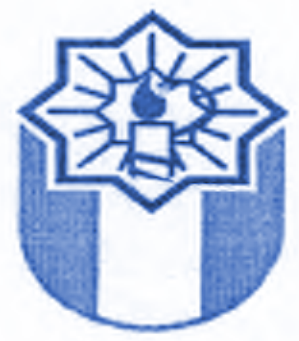
Karakalpak branch of Medical Association in Uzbekistan
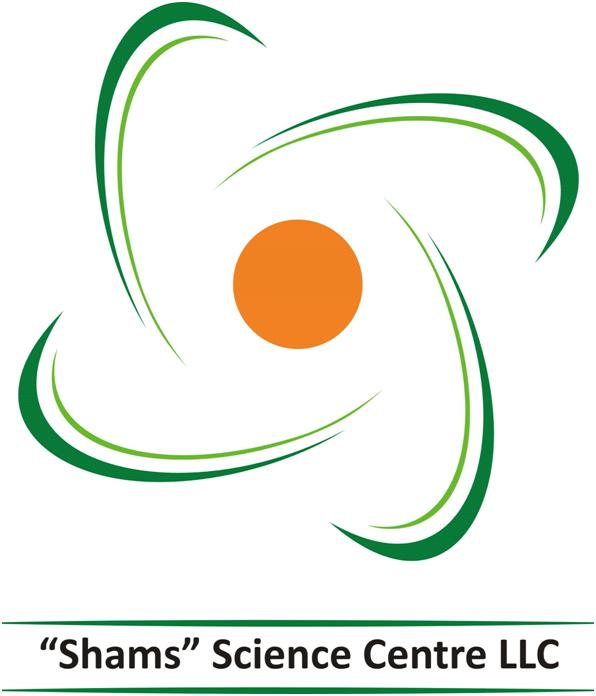

Polytechnic Institute of Setùbal




